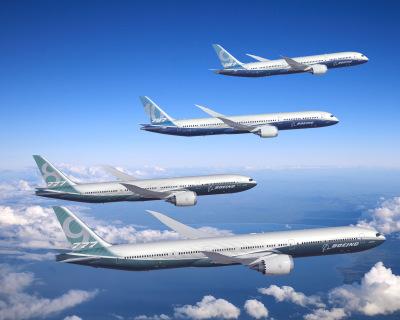
The International Air Transport Association (IATA) has set out an agenda for a stronger, safer, more secure and sustainable European aviation industry.
IATA’s Director General and CEO, Alexandre de Juniac, in an address to the European Aviation Club entitled Charting the Right Course for Aviation in Europe, called on European policy-makers to prioritize four areas, which include regulating smartly, reducing costs, reinforcing security and removing infrastructure bottlenecks.
“Air transport plays a vital role linking Europe together with the rest of the world. In the EU, 8.8 million jobs are linked to aviation, as is EUR 620 billion in GDP. Some 650 million passengers a year rely on aviation to get them where they need to be. So it is vital that we work together to chart the right course for its future.
“For airlines, Europe is not an easy or cost-efficient place to do business. As global competition further intensifies it is only going to get more challenging—potentially costing European jobs, hindering European growth and reducing the European quality of life,” said de Juniac.
De Juniac also had a message for global policy makers on the role of aviation as a catalyst for economic and social development.
“Aviation is the business of freedom. Air travel liberates people to live better lives and makes our world a better place. The current political rhetoric is deeply concerning. It points to a future of restricted borders and protectionism. We see it in travel bans, border walls and trade agreements that are being called into question.
Durable peace, prosperity or security have never been achieved through provocation, exclusion and division. The world has grown wealthier with people traveling and trading. That has helped to lift over a billion people from poverty. Aviation is proud of the role it plays in making this happen. Ensuring aviation’s power to connect people has never been more important,” said de Juniac.
The IATA Director General said the association would like to see reform and empowerment of the European Aviation Safety Agency (EASA).
“Safety is the top priority for aviation. EASA should have a clear focus on implementing standardized safety regulation across the EU. We know that safety improves with global standards. And everybody will be a winner with an efficiently functioning EASA.
“We’d also like to see European regulations make the most of technology. The way people travel has changed radically. We use e-tickets, check-in online and board using our cell-phones. These are real improvements built on IATA global standards. Passengers value them because they are fast and give them control of their journey.
“Passengers in 20 countries can also print their bag tags at home. European passengers, however, cannot yet take advantage of this technology. We are working out how to make the system comply with the rules of the European customs union,” he said.





